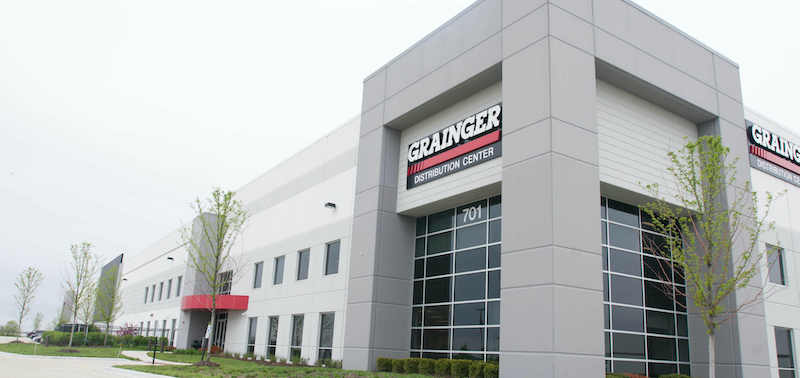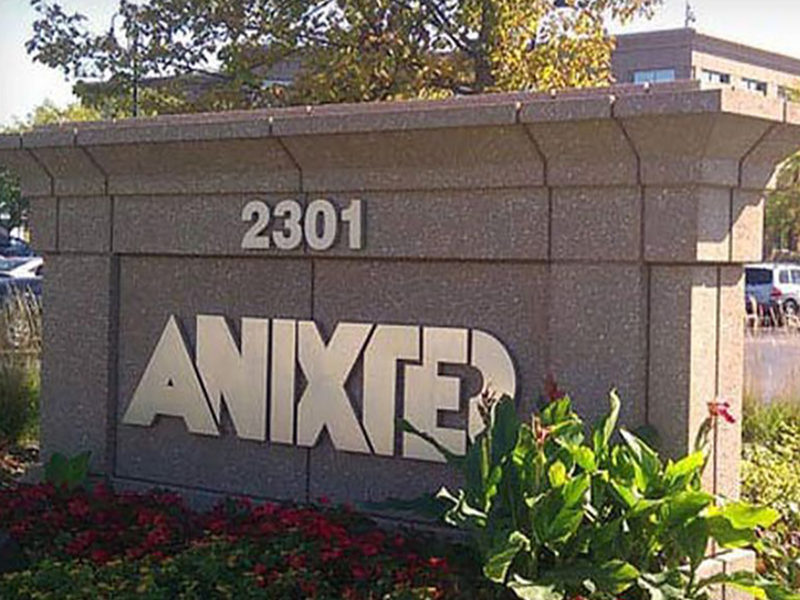Editor’s note: While some of the observations in this article focus on impacts for electrical distributors based on the author’s core market focus, his analysis of buyer behavior has value for distributors and suppliers of all types of MRO products. While acknowledging a small sample size of buyers for his comments, his observations are based on multi-year trends and new indicators he’s picking up on in 2019.
Recently I participated in a networking group that included a number of MRO buyers. The subject was trends in the MRO space. Granted many of the attendees were larger MRO buyers, but the feedback indicated a change in buyer purchasing behaviors.
Over the years I’ve sat in a number of these meetings, albeit with different attendees. The buying and e-commerce trends centered around purchasing from Grainger, Fastenal, MSC and Amazon Business. Previously these buyers had shared that Amazon Business had not gained any traction within their business, but all had expressed the desire to learn more as well as “waiting to see how they adapt.”
Last year some buyers commented that they were starting to purchase some office supplies, jan-san and industrial supply products through Amazon Business, but not much. Their comments indicated it was driven by individuals within their company, no contracted or focused endeavors. And there was little online/web buying due to procurement processes.
Grainger, Fastenal and MSC were mentioned as the “go-to” for MRO purchases and for anything remotely technical with different buyers favoring one or the other. Interestingly, not once did these buyers mention specialty distributors (i.e. industrial).
This month’s meeting highlighted what could be signs of a changing MRO market. Here are some potential trends and comments regarding purchasing trends, with input from customers and distributors present:
- More discussion regarding Amazon Business with MRO buyers reporting buying office supplies, jan-san, some industrial supplies and IT products. Some reported negotiated agreements; some have integrated Amazon Business into their procurement system or are working on it (in some cases with SAP).
- Grainger and Fastenal were mentioned for more technical products.
- Fastenal was praised for their vending machines, especially for PPE products, and it was mentioned that Fastenal is focusing on being more “local” and “bringing inventory locally.”
- Grainger was mentioned as putting more focus and resources into technology.
- Buyers commented that a growing concern is the cost of purchasing non-Prime items from Amazon Business (shipping costs) as well as the challenge of getting “emergency/replacement” parts for machinery on a timely basis – one to two days can be too long when a line is down.
- Some MRO buyers indicated that they are considering becoming more brand agnostic, either accepting of private label products or “non-market leader brands” to better manage costs, and are starting to evaluate products for comparability.
- Interestingly, there was no discussion about technical MRO products being purchased through specialty distributors (i.e. no mention of WESCO nor any electrical distributor.)
- Amazon Business is getting more “enterprise” focused with financial terms and e-integration, although slowly migrating to more technical products. They appear to have taken business from Staples. Within large MRO accounts, distributors could see the “A” and “B” items, or what someone referenced as “repeatable consumable purchases,” migrate to Amazon Business, especially if the products are Prime.
- Some companies reported 10%-30% of their MRO spend is now on Amazon Business.
- Some are using procurement cards (PCards) with Amazon Business.
- Surprisingly, perhaps disappointingly, all of the MRO buyers shared that none of their distributor salespeople inquired whom their competitors are or if the buyer is purchasing from Amazon Business. They assume that their supplier may know if the customer is purchasing from Grainger, Fastenal or MSC (perhaps see boxes or trucks), but none inquire about online buying and from whom (which begs the question of “are your salespeople asking the same question?”).
- A couple of manufacturers commented that Amazon Business is their most expensive customer (selling their products as a distributor). It was also shared that Amazon Business is rolling out a new advertising platform for manufacturers to reach MRO buyers.
- While Amazon Business has tried to get into the industrial manufacturer MRO space, they are having more success in the institutional (education) and healthcare markets and are making forays into the federal government space. A few years ago they earned business from Stanford University, which is helping them pull other business from the Stanford ecosystem. They are now touting this win to other educational and healthcare/dental facilities.
- Amazon Business has functionality that will enable a buyer to manage for minority set-asides to ensure those goals are met.
- And, Amazon is working on tools to enable negotiated discounts (they already can offer quantity discounts).
So, some thoughts:
- If you serve this market and don’t offer punch-out solutions that integrate procurement systems with your website, in many cases you won’t even be considered as an MRO supplier (and if you want punch-out supplier recommendations, email us.)
- Your website needs to cost-effectively enable punch-outs with quick set-up. And your salespeople need to be conversant with the concept and terminology.
- If you serve the industrial and/or institutional markets and don’t have a robust website, you need one ASAP; waiting six to nine months may be too late as it could mean a two-year wait to be able to bid for an MRO contractor!
- Typically, electrical distributors can be more cost-effective than Grainger, Fastenal and Amazon Business, especially if freight is included. Building your value proposition and pricing presentation is critical.
- As part of the value proposition, distributors need to emphasize their free services, including the introduction of new products (time saving, endurance/longevity, safety, cost, etc.), the services that they can provide (product standardization audits, fuse audits, lock-out/tag-out, arc flash studies, etc.) and value-added, potentially chargeable, services such as storeroom management.
- Many manufacturers do not pay commissions for sales through Grainger, Fastenal, Amazon and others serving this market. This means that a manufacturer rep is not calling on the facility for MRO material; so there is no brand reinforcement, no demand creation, no customer training, no product support, etc. unless the Grainger and other salesperson is providing this support among the hundreds of lines they are responsible for.
- Distributors should consider reviewing the product mix of each of their MRO accounts and perhaps conduct activity-based-costing studies on some of these accounts with the goal of potentially having a frank discussion that essentially says: “Here’s what we do for you, here’s what you buy from us; we either need a better mix and/or more business or we can’t continue to ‘deliver on demand’ or ‘bring new products to maintenance’, etc … You want and value their CapEx business but if you’re going to service their OpEx/MRO business effectively, you want a more valued relationship.”
Amazon Business may still have a way to go to capture a significant percent of electrical MRO spend for more “technical” products. They will inevitably have to address the rising shipping cost issue (but getting more products on Prime), as electrical items can have some weight, and freight charges are not going to go down; however, they are starting to chip away at the business.
As an electrical distributor, here are some key considerations:
- Do not hesitate to pursue electrical MRO spend at industrial and institutional accounts.
- Recognize that selling these larger, or more sophisticated, accounts requires more than pitching product and price. Their decision-makers are more interested in total cost of acquisition, not necessarily the cost of the item. You may need to consider enhanced sales training or a “key accounts” salesperson to manage these conversations and relationships.
- Integrating with procurement systems is important. You need a strategy (and partners) that is timely and cost-effective, supported by a webstore and product content that is robust with a wide selection of approved products.
Manufacturers may want to consider their risk factor of not proactively calling on these accounts to ensure brand preference and positioning within these accounts. Those with direct sales forces have an advantage here!
While a small sample size, could the MRO market be changing based on the above comments and the shifts I’ve outlined from the past few years? What are you seeing in your markets?
David Gordon is the president of Channel Marketing Group and has worked with companies in multiple industries on marketing strategy and execution, organizational and culture development, internal communications, employee motivation and change management. Email him at dgordon@channelmkt.com.
As always, we value your comments. Share your thoughts in the Comments section below, or email us at editor@mdm.com.
Related Posts
-
Industrial distributor estimates that MRO market declined 14% to 15% during the quarter even as…
-
WESCO International Inc.’s $4.5 billion acquisition of Anixter International Inc. will have repercussions across all…
-
Three channels that will feel the biggest impact from WESCO’s June 22 acquisition of Anixter.




